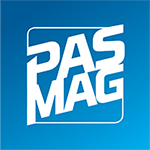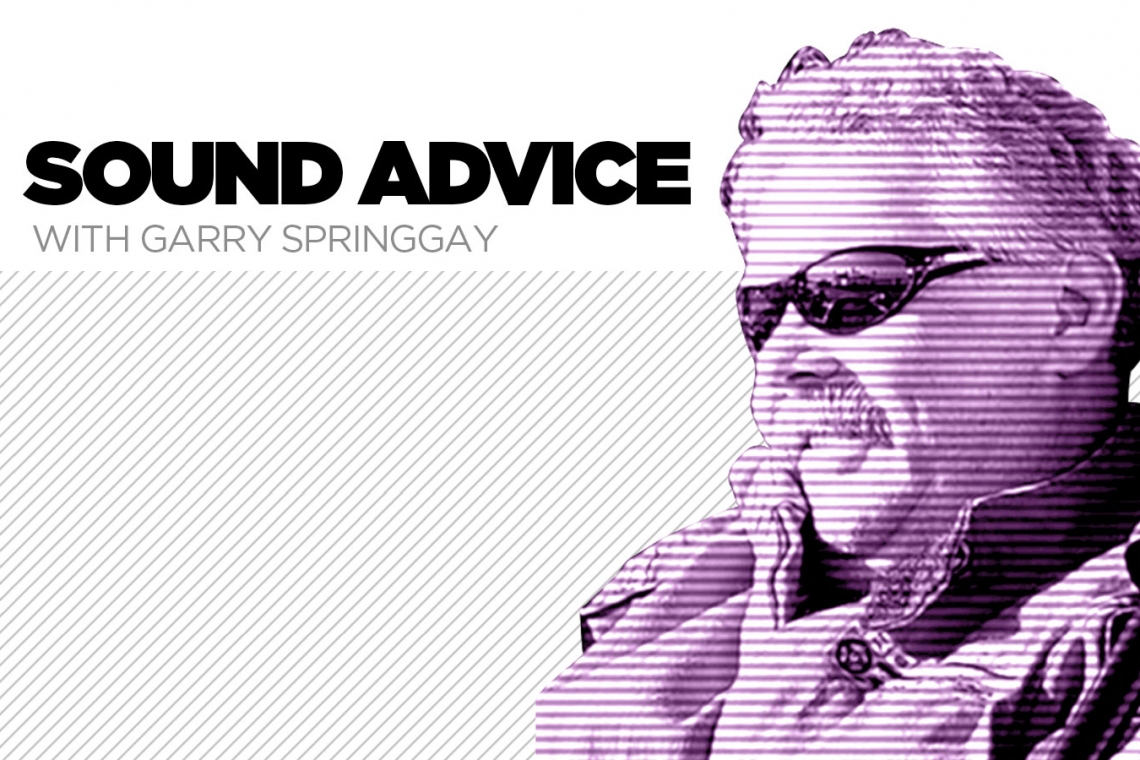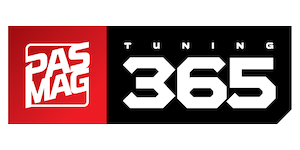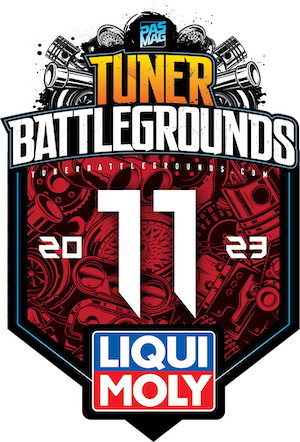Lately it seems like every other audio product I touch has DSP in it in one form or another. My car stereo, my home receiver, my motorcycle’s radio, my in-helmet audio system, my clock radio, my smartphone, my computer, hell even the little iPod I take to the gym has DSP in it. DSP or Digital Signal Processing is invading our audio products, and I’m here to tell you that it’s not always for the better.
Purity is a good thing, and you can seriously screw up a potentially good sounding system with DSP if you don’t know what you’re doing. Go and talk to any real audiophile and ask them if they have any DSP in their system. The answer (after they stare at you to see if you’re actually serious) will be no. There is an old audiophile quote that a perfect amplifier would be “a straight piece of wire with gain.” So why in the hell does every product we touch include some form of DSP?
I believe it is for no better reason than it’s easy to do, since the chips have already been developed, and many products include the DSP functions simply to check off a box on a list of features that competitive products have. Now don’t get me wrong, I think a good DSP processor can be a key element in an exceptional sounding system. In fact, my Corvette Grand Sport uses the excellent Arc Audio PS8 DSP, and without it the car just wouldn’t sound as good as it does. That is, after about 30 hours of tuning and critical listening. It can totally be a good thing, but the adjustments must be done by a trained professional with enough time and experience to get things right.
That said, obviously I have nothing against using the digital realm to manipulate audio signals when it’s done for good reason and done properly, but trying to get a two-inch clock radio speaker to sound like a concert hall simply isn’t a good reason.
Alright, so rather than tell you how to use something to make your sound better, in this column I’m going to tell you what to leave alone to keep from ruining what you have. As an example, I temporarily installed a DSP-powered preamp in my listening room and ran its output through a studio-grade amplifier to a pair of Focal bookshelf speakers and an Audiomobile 12-inch woofer. With my standard (non-DSP) audiophile preamp, this system has exceptional sound quality and amazing stereo imaging. It is also very linear, meaning there is no emphasis on any particular segment of the audio band, regardless of volume. I connected the new preamp into my system and with everything set flat and a minimal of digital aids, the system continued to sound very good. Okay, so far so good. Now let’s begin by messing with the obvious menu, DSP Soundfield.
The preamp has settings for “Jazz,” “Rock,” “Concert Hall,” and “Night Club.” Mercifully, it also has “Off,” which is the one I vastly preferred. As I selected the various “Soundfields” I could sort of hear the intended effect occasionally, but mostly the sound got weird and out of phase sounding. I lost my stereo image, and stuff just generally sounded odd. The Jazz and Night Club settings seemed to add excessive EQ to the middle and bottom end, and there went my system’s beloved linearity. And the Concert Hall was the strangest of them all, with lots of echo and very artificial sounding reverb. And while I always thought I’d love to hear Led Zeppelin in a concert hall, it turns out that I wouldn’t.
Moving on to other DSP powered functions, I found a 12-band, quasi-parametric EQ, digital delays for each channel and adjustable crossovers with variable frequency and slope. The amount of adjustability and the vastness of opportunities to completely screw up everything were almost limitless. Even if you had a background in audio, and had some experience tuning it would have taken a week of experimenting to figure out that for the most part, simply leaving everything off sounded best.
The bottom line is this, car audio is no different. We have the same sort of digitally processed options and abilities in way too many car audio source units, processors and gizmos, and the list of such gear is getting longer by the day. And in the car, these digital “enhancements” can be even more bewildering and odd sounding. Kind of like the time a guy I know spent four hours trying to remove the reverb from his system by adjusting channel delay and EQ, only to have his daughter come along and turn the “Cathedral” DSP setting off. But I will leave that and other equally as sordid stories for another time, and instead leave you with this basic premise: “Friends don’t let friends use poor DSP.”
Related Articles
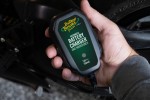 The Importance of Keeping a Vehicle Battery Fully Charged
The Importance of Keeping a Vehicle Battery Fully Charged
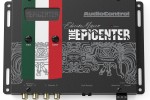 AudioControl's Epicenter Edición Mexico
AudioControl's Epicenter Edición Mexico
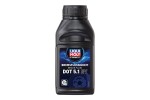 Electric Cars Brake Reliably With LIQUI MOLY
Electric Cars Brake Reliably With LIQUI MOLY
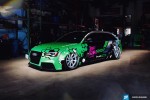 Competitive Nature: Vasily Mishukov's 2009 Audi A4 Avant
Competitive Nature: Vasily Mishukov's 2009 Audi A4 Avant
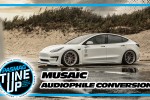 Musaic Audiophile Conversion on a Tesla Model 3
Musaic Audiophile Conversion on a Tesla Model 3
